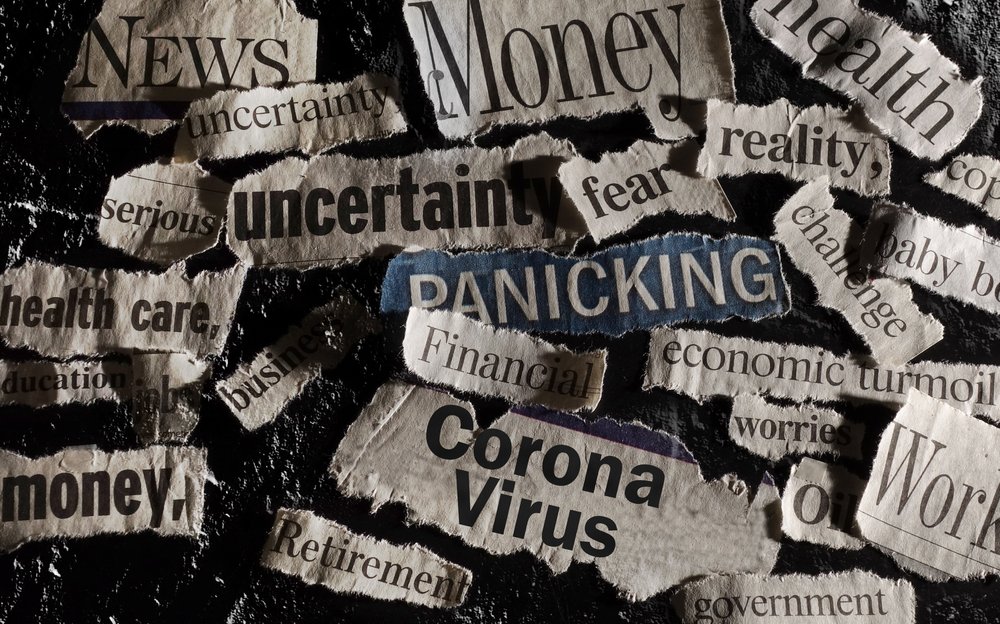The Influence of Negativity in News Consumption
2025-24-04

In an age where information is omnipresent, the news we consume significantly shapes our perceptions of the world. Yet, despite numerous positive developments globally, headlines often emphasize the negative. This tendency isn’t merely editorial choice; it’s deeply rooted in human psychology and amplified by digital media dynamics.
The Psychological Pull of Negative News
Humans possess a “negativity bias,” an evolutionary trait where negative information commands more attention than positive. This bias once served survival, alerting us to dangers. Today, it means we’re more likely to notice and remember distressing news. Studies have shown that people react more swiftly to negative words like “war” or “cancer” than to positive ones like “smile” or “fun” (Vox, 2025).
Digital Media and the Amplification of Negativity
In the digital realm, this bias translates to higher engagement with negative content. Research analyzing over 105,000 news headlines found that each additional negative word increased click-through rates by 2.3% . Social media platforms further exacerbate this, with negative news articles being nearly twice as likely to be shared . This creates a feedback loop where negative content is prioritized, influencing both what is produced and what is consumed (NYU Scholars, 2023).
Impact on Mental Health and Public Perception
Continuous exposure to negative news can have tangible effects on mental health. Even brief periods of consuming distressing news have been linked to increased anxiety and depression symptoms . This phenomenon, often termed “doomscrolling,” can lead to a sense of helplessness and a distorted view of reality. Despite measurable improvements in global health, education, and safety, many believe the world is deteriorating, a perception fueled by the media’s focus on negative events (MHA, 2024).
Navigating Towards Balanced Consumption
Addressing the dominance of negative news requires both individual and systemic changes. On a personal level, practicing “attentional sovereignty”—being deliberate about what news we consume—can help maintain mental well-being . For media outlets, there’s a need to balance reporting, ensuring that positive developments receive attention alongside challenges. By fostering a more nuanced media landscape, we can cultivate a more accurate and hopeful understanding of the world (Vox, 2025).
Conclusion
In understanding the influence of negativity in news consumption, we recognize the interplay between human psychology and media practices. By being mindful of our consumption habits and advocating for balanced reporting, we can mitigate the adverse effects of negativity bias and foster a more informed and optimistic society.
